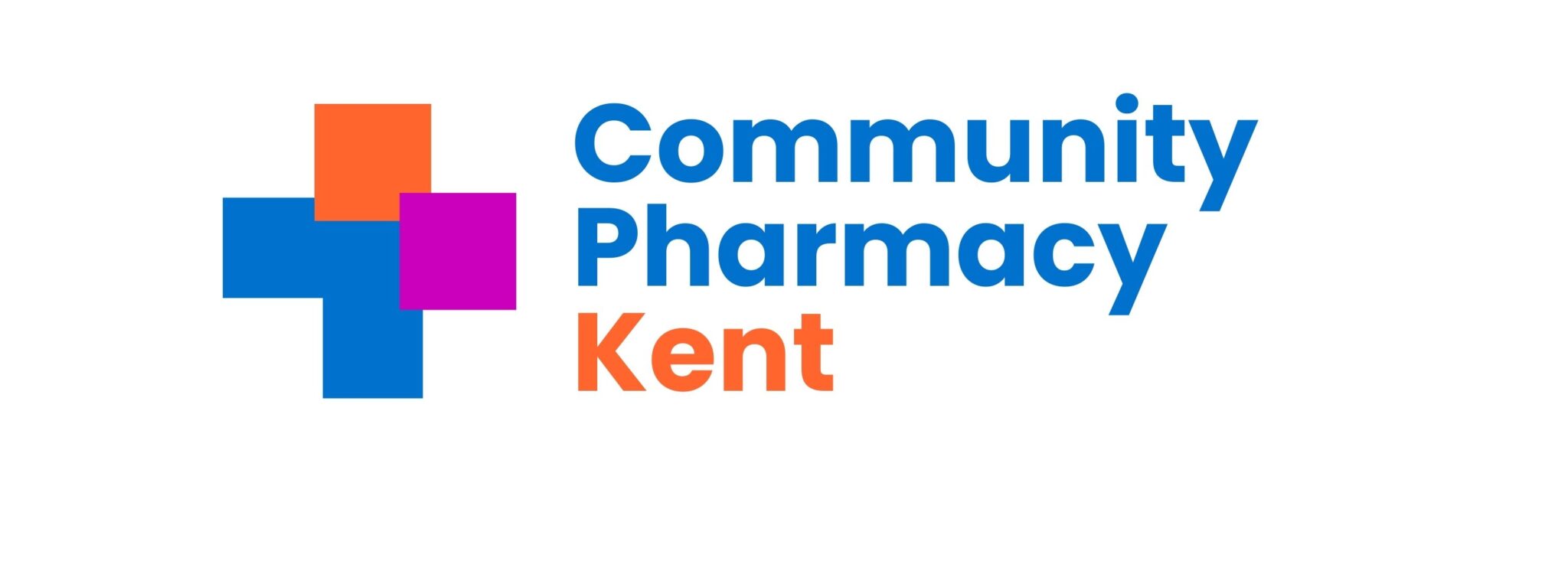Service case study: Medway vape pilot
More than 1.3 million unfunded consultations a week – or just over 69 million a year – are now being carried out by community pharmacy teams in England, according to Community Pharmacy England’s 2024 Pharmacy Advice Audit.
This is nearly 50% more consultations than in 2020, and is despite the introduction of the Pharmacy First service.
Community Pharmacy England has today published the findings of the audit of more than a third (3,916) of community pharmacies carried out earlier this year. During the audit, 61,837 patient consultations fell outside of an NHS-funded service, with the average pharmacy completing around 22 such consultations a day. This equates to 69 million unfunded consultations taking place in England’s community pharmacies per year.
The audit helped to quantify the number of informal referrals being made to pharmacies by GPs and NHS 111, with nearly 150,000 cases coming from these routes every week. These are all referrals that could have been made into Pharmacy First, effectively removing more than £115 million worth of funding from the pharmacy network.
The findings also indicated just how valuable community pharmacies are, showing that pharmacy teams are continuing to save the NHS hundreds of thousands of GP appointments every week – totalling 38 million GP appointments a year – and that each year 4.3 million patients turn to them when they can’t access other healthcare settings.
Overall, the results provide a clear message that community pharmacies are valuable healthcare assets in increasing public demand. A significant amount of pharmacies’ capacity is being taken up by unfunded work and that needs to change.
Community Pharmacy England will be seeking to ensure that all the healthcare advisory work the sector is doing is appropriately recognised and remunerated by Government and the NHS. We have already begun using the audit data in conversations with Government and the NHS, and will refer to it in the 2024/25 CPCF negotiations and when discussing the future of Pharmacy First.
Just ahead of the Autumn Budget, we shared the findings of the Pharmacy Advice Audit with national media contacts, and coverage was published this morning:
Pharmacies providing 38 million appointments as patients struggle to be seen by GPs | iNews
Click here to read our comment issued to the national media
Summary of the Audit Results
Millions of people value the free healthcare advice provided by their local pharmacy, with 56 million a year going straight to a pharmacy as their first port of call.
Every week pharmacies help nearly 922,000 patients (70%) who are seeking clinical advice about symptoms, and a further 20% of patients who have questions about an existing medical condition.
The average pharmacy completes 21.7 of these consultations a day, each taking approximately 5.6 minutes of staff time, equating to more than 2 hours (133.4 minutes) a day spent providing unfunded healthcare advice to patients. This is a 78% increase on the time spent offering such advice in our 2020 audit.
Whilst pharmacies are able to provide expert advice to an impressive 85% of those who sought it, pharmacists identify around 52,000 a week who have more urgent medical needs and are appropriately referred to another healthcare professional.
More than half (55%) of people would have visited a GP surgery had they not been able to access a pharmacy; this means that every week pharmacies prevent more than 115 appointments for each GP practice in England.
Extrapolating the results of the audit, we have found that:
- Community pharmacies save roughly 38 million GP appointments per year;
- Over 4.3 million people a year present at community pharmacies because they are unable to access their preferred part of the healthcare system;
- Over half a million consultations a week occur in community pharmacies for clinical advice alone, where no sale of a medicine is made; and
- Since 2020, community pharmacy has saved general practice a further 47% increase in patients using their services.
Many thanks to all pharmacy teams who took part this year and to LPCs for supporting engagement with the audit.



